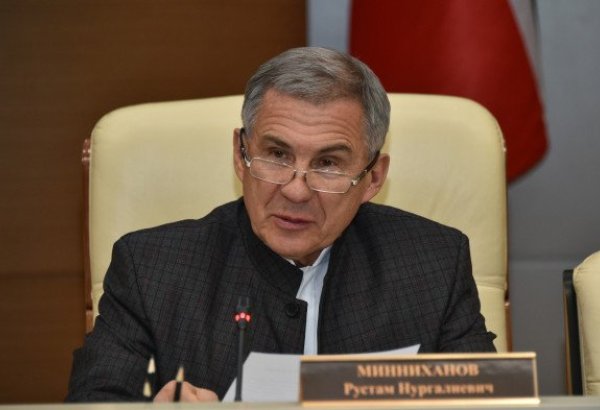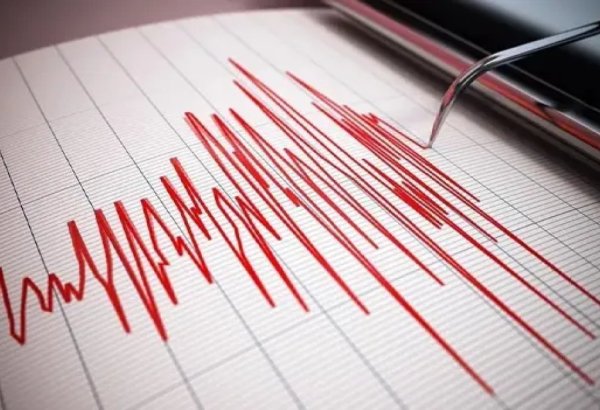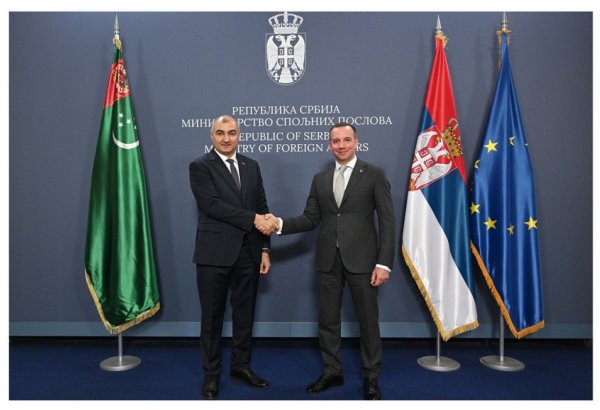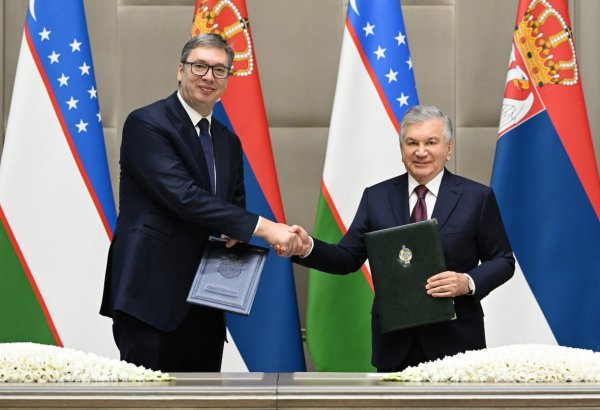Baku. TurkicWorld:
Current energy crisis has demonstrated the importance of the Southern Gas Corridor in strengthening energy security and the achievement of decarbonisation goals in Europe, as well as of the Shah Deniz gas field as a source of natural gas supply to Europe, Deputy Prime Minister of the Republic of Serbia and Minister of Mining and Energy, Prof. Zorana Mihajlovic, PhD, told TurkicWorld.
She believes that further development and construction of new gas sources in the Caspian region will significantly contribute to the security of supply of this energy source to Europe, and therefore to the Republic of Serbia after the construction of the interconnectors that is currently in progress.
“In addition, the Southern Gas Corridor is recognized as a pipeline that could transport hydrogen in the future, which is important for the energy transition and further steps towards the use of fully green fuels. When we complete our interconnection with Bulgaria, it will allow for other suppliers to appear on our market and to reduce dependence on only one supplier. We expect to intensify cooperation and discussions with Azerbaijan regarding this matter, which is why it is important that, during the visit of the delegation of the Ministry, among other things, an Agreement on cooperation in the field of energy and mining was signed between the two governments and we had a meeting with the Minister of Energy of Azerbaijan,” noted Serbian deputy prime minister.
Mihajlovic said Serbia expects that by activating new deposits with confirmed natural gas reserves in the Caspian region the country will be able to secure additional quantities of natural gas for its needs and that the construction of interconnections will become a transit route to other countries in the region.
“This would further increase the energy stability and security of the entire region,” she added.
Serbian deputy prime minister went on to add that underground natural gas storage facilities are an essential factor for the stability and security of natural gas supply.
“Serbia has one underground natural gas storage facility with a capacity of 450 million cubic meters; it is planned to expand it to a capacity of 700 million cubic meters. In addition, it has been agreed with Hungary that Serbia will store 500 million cubic meters of gas in this country’s storage facilities, which will enable the stability of supply during the upcoming winter. One of our plans is to start a construction of an underground natural gas storage facility “Itebej” next year, with a capacity of 1 billion m3. The construction of this storage facility alongside the already existing one would ensure the security of supply of the domestic market and increase energy security,” said Mihajlovic.
She pointed out that energy security is currently the most important issue in Europe and all countries are seeking to ensure the security of supply of energy and energy generating products.
“For the Republic of Serbia, the construction of new capacities for electricity production is a priority, as well as the construction of gas interconnections whereby we will ensure the security of supply of this energy product. Last year, by adopting a new legal framework, we established a basis for green energy transition, and the development of strategic documents to determine the goals and dynamics of decarbonisation and the achievement of carbon neutrality by 2050 is underway. We have also prepared a new investment plan with projects worth about EUR 35 billion, focused on the development of the RES sector, and especially on projects aimed at the capacities that use wind and solar energy, which currently make up only 3.5 percent of the energy mix. with securing the production of the required base energy, the construction of large reversible hydropower plants and the use of other sources, and with the development of transmission and distribution infrastructure, such a path should ensure energy security, i.e. self-sufficiency in the conditions of gradual reduction of coal use from which we currently produce 2/3 of electricity,” noted Mihajlovic.
Serbian deputy prime minister pointed out that in the gas and oil sector, the country’s priority is diversification of suppliers, where the most important project is the construction of the gas interconnection Serbia-Bulgaria which will enable Serbian market to be supplied with gas from the LNG terminal in Greece, as well as with gas from Azerbaijan via the Southern Gas Corridor, and possibly with gas from other sources such as the Eastern Mediterranean.
“The construction of the gas interconnection Serbia-Bulgaria is a priority project precisely because this gas pipeline will make it possible for us to receive gas from other suppliers as well. The construction of this interconnection will be completed next year and it will be operational at the same time as the LNG terminal in Greece,” she concluded.























